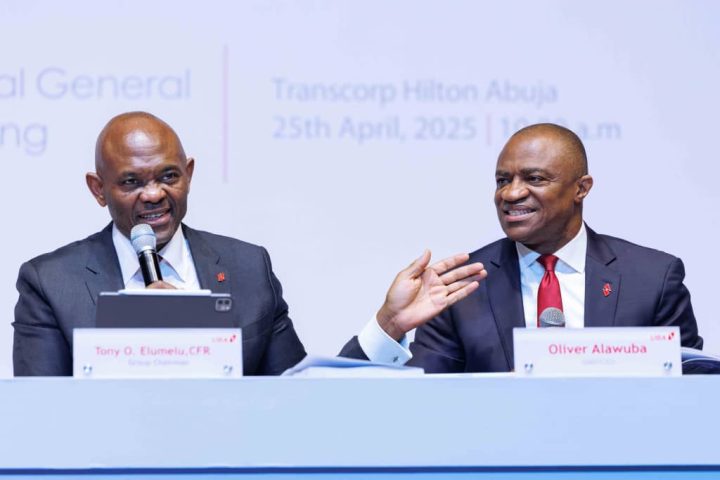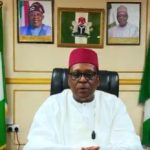In a fresh analysis titled ‘Industrial Policy Is Not a Magic Cure for Slow Growth’, the International Monetary Fund (IMF) underscored the potential drawbacks of heavy reliance on expensive subsidies or tax breaks in industrial policies, cautioning that such measures could hamper productivity and welfare if not carefully targeted.
“Most industrial policy relies heavily on costly subsidies or tax breaks, which can be detrimental for productivity and welfare if not effectively targeted,” the report emphasized, highlighting the risk of misdirected subsidies towards politically connected sectors and the negative repercussions of discriminating against foreign firms.
Join our WhatsApp ChannelThe report acknowledged the significance of industrial policies in driving innovation when executed correctly but warned against viewing them as a panacea for economic stagnation. It stressed the importance of well-designed fiscal policies that support innovation and technology diffusion more broadly, with an emphasis on fundamental research as the foundation of applied innovation.
READ ALSO: IMF Warns Of $12bn Loss To Cyberattacks In Financial Institutions In 20 Years
Governments were advised to invest in technical capacity, adapt support measures as conditions evolve, and uphold open and competitive markets. The IMF underscored that while industrial policy could be justified in certain scenarios—such as fostering sectors with strong knowledge spillovers or driving green innovation—it should be transparent, focused on specific objectives, and complemented by robust regulatory frameworks.
The report’s release coincides with ongoing global efforts by various nations to bolster innovation and long-term growth through targeted industrial policies. However, it serves as a reminder of the potential pitfalls associated with overreliance on subsidies and tax breaks, urging policymakers to strike a delicate balance between support measures and market dynamics.
The IMF’s stance aligns with recent developments in Nigeria, where the administration led by President Bola Tinubu has implemented sweeping reforms aimed at discontinuing subsidies and fostering economic resilience. Since assuming office, President Tinubu has announced the cessation of fuel subsidies and initiated currency floatation, garnering praise from international observers for these bold policy measures.
Furthermore, the IMF had previously commended Nigeria and several other countries for their efforts in subsidy reforms, recognizing them as crucial steps towards creating fiscal space for development spending. Despite this progress, concerns linger regarding the pace of reforms in revenue generation and tax administration efficiency, with many countries trailing behind in these crucial areas.
As nations navigate the complexities of economic recovery and sustainable growth, the IMF’s admonition serves as a timely reminder of the need for prudent policymaking and strategic fiscal management to mitigate risks and foster inclusive development.
Emmanuel Ochayi is a journalist. He is a graduate of the University of Lagos, School of first choice and the nations pride. Emmanuel is keen on exploring writing angles in different areas, including Business, climate change, politics, Education, and others.



















Follow Us